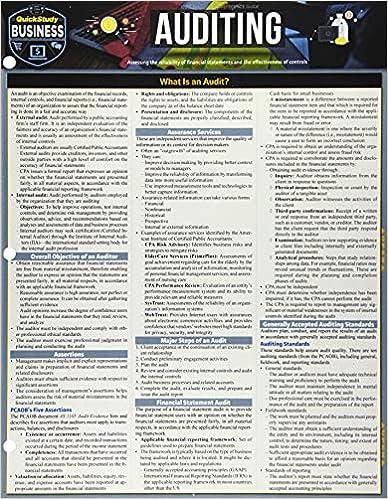Question
Suppose First Main Street Bank, Second Republic Bank, and Third Fidelity Bank all have zero excess reserves. The required reserve ratio is 10%. Bob, a
Suppose First Main Street Bank, Second Republic Bank, and Third Fidelity Bank all have zero excess reserves. The required reserve ratio is 10%. Bob, a customer of First Main Street Bank, inherits $250,000 from his eccentric aunt, who had stored the money in cash in her safe deposit box. He deposits the cash into his checking account at First Main Street Bank.
Complete the following table to reflect any changes in First Main Street Bank's balance sheet (before the bank makes any new loans).
| Assets | Liabilities | ||
| ____ | $______ | ______ | $_______ |
(Choices for both Assets and Liabilities: Building & Furniture, Loans, Net Worth, Reserves, and Checkable Deposits.)
Complete the following table to show the effects of the new deposit on excess and required reserves, assuming a required reserve ratio of 10%.
Hint: If the change is negative, be sure to enter the value as a negative number.
| Amount Deposited | Change in Excess Reserves | Change in Required Reserves |
|---|---|---|
| (Dollars) | (Dollars) | (Dollars) |
| 250,000 |
|
|
Now, suppose First Main Street Bank loans out all of its new excess reserves to Yvette, who immediately writes a check for the full amount to Sean. Sean then immediately deposits the funds in his checking account at Second Republic Bank. Then Second Republic Bank lends out all of its new excess reserves to Eric, who writes a check to Cho, who deposits the money in her account at Third Fidelity Bank. Finally, Third Fidelity lends out all of its new excess reserves to Ginny.
Fill in the following table to show the effect of this ongoing chain of events at each bank. Enter each answer to the nearest dollar.
| Increase in Checkable Deposits | Increase in Required Reserves | Increase in Loans | |
|---|---|---|---|
| (Dollars) | (Dollars) | (Dollars) | |
| First Main Street Bank |
|
|
|
| Second Republic Bank |
|
|
|
| Third Fidelity Bank |
|
|
|
Assume this process continues, with each successive loan deposited into a checking account and no banks keeping any excess reserves. Under these assumptions, Bob's $250,000 deposit into his checking account results in an overall increase of _____in checkable deposits and a _____increase in the money supply.
Step by Step Solution
There are 3 Steps involved in it
Step: 1

Get Instant Access to Expert-Tailored Solutions
See step-by-step solutions with expert insights and AI powered tools for academic success
Step: 2

Step: 3

Ace Your Homework with AI
Get the answers you need in no time with our AI-driven, step-by-step assistance
Get Started


